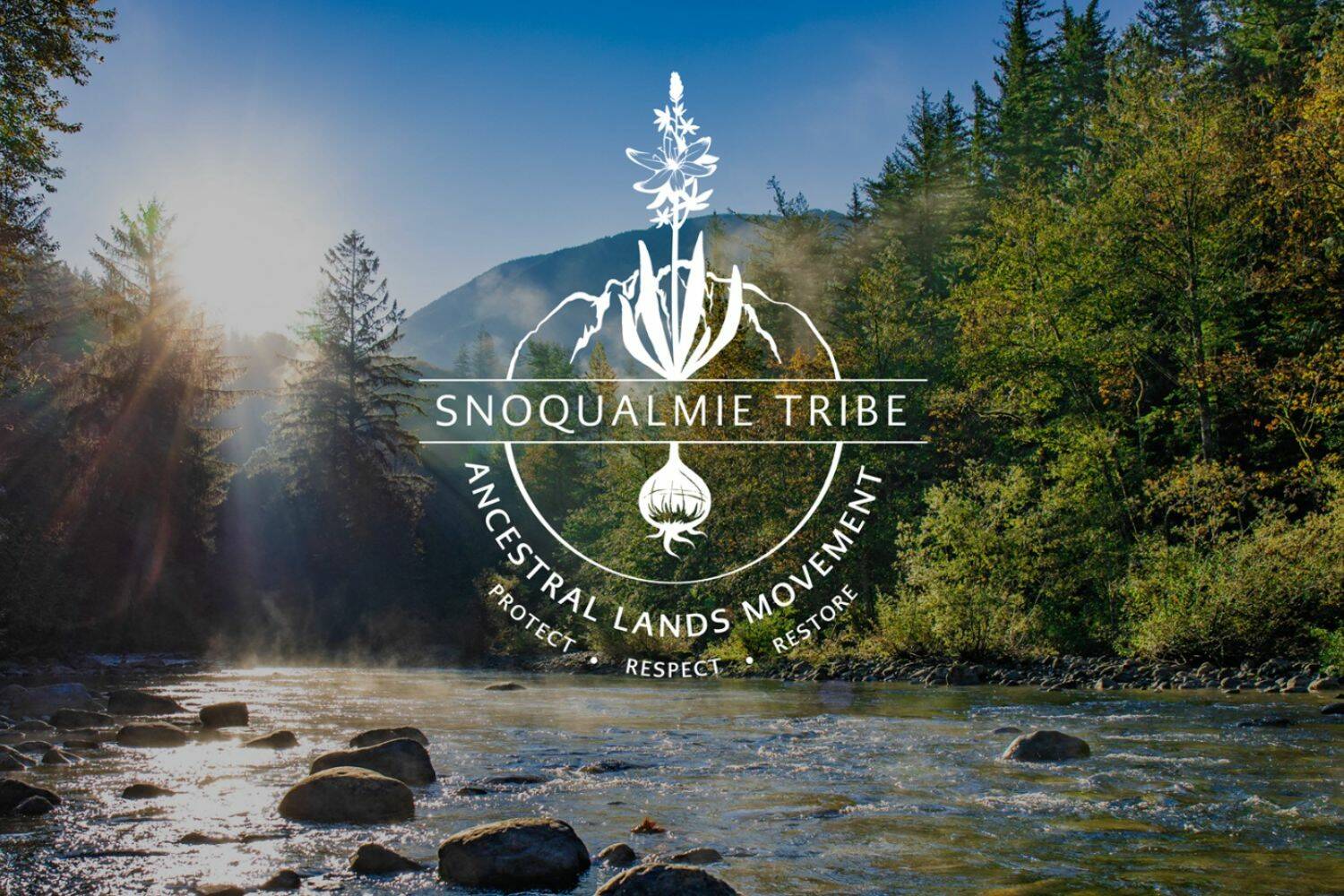The Snoqualmie Tribe Ancestral Lands Movement is raising awareness regarding language written on park signs, trail signs and pamphlets that can contribute to Native erasure and attempt to tell the history of lands that have long been lived on by Native people.
Native erasure is when Native people and cultures are removed or omitted from the history of lands where they have lived and prospered for time immemorial.
Jaime Martin, executive director of governmental affairs and special projects for the Snoqualmie Tribe, said the language of park and trail signs as well as informational pamphlets can contribute to Native erasure, either intentionally or unintentionally, just in the way they frame history.
Martin said that often the history of ancestral lands can be framed in a way that begins with the arrival of European settlers, disregarding the thousands of years of culture and history that Native people may have had on those lands. She said that these informational signs often include details on plants and animals, but fail to mention the Native peoples that have lived on the land for generations upon generations.
According to Martin, this framing of history and the omission of Native peoples and culture can lead people to believe that Native people never existed, even when they still reside on those lands.
She said it can give the impression that “if you aren’t hearing about it, then it doesn’t exist.” She said this can have an impact on the way people treat that land and how responsible and mindful they are when they use it for recreation.
Martin remembered a trip she had made to a park in California, which offered informational pamphlets that included the history of Native tribes on that land. She compared that experience to the Snoqualmie Falls signs installed by Puget Sound Energy, which includes little to no information about Native culture or history despite the Snoqualmie Falls themselves being a sacred site for the Snoqualmie Tribe.
To avoid this form of Native erasure, Martin recommended that agencies consult tribes that have ancestrally used the lands, so they can develop a relationship and be properly informed of the history and relationships that Native people have had with the lands, with the goal of positively influencing the way in which people recreate and visit those lands so they can do so in a more mindful way.


